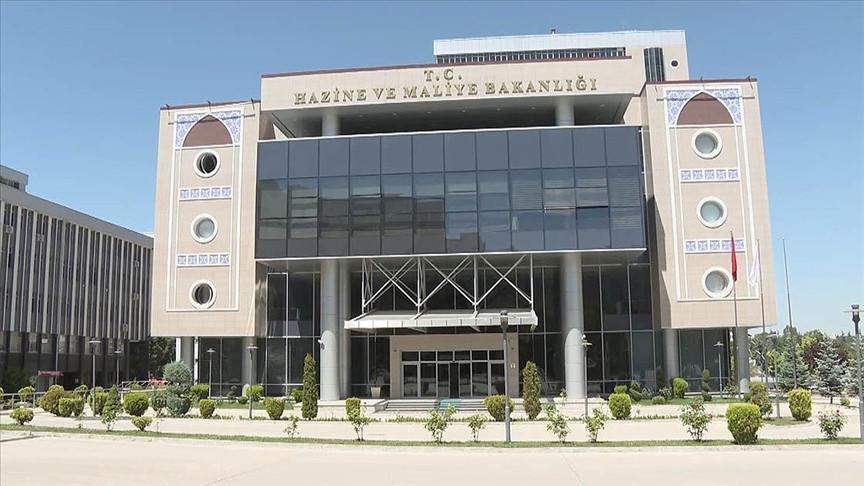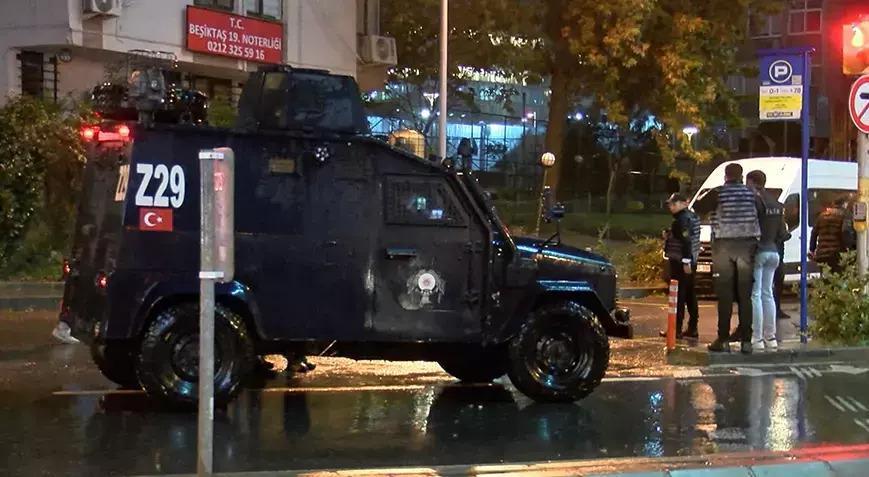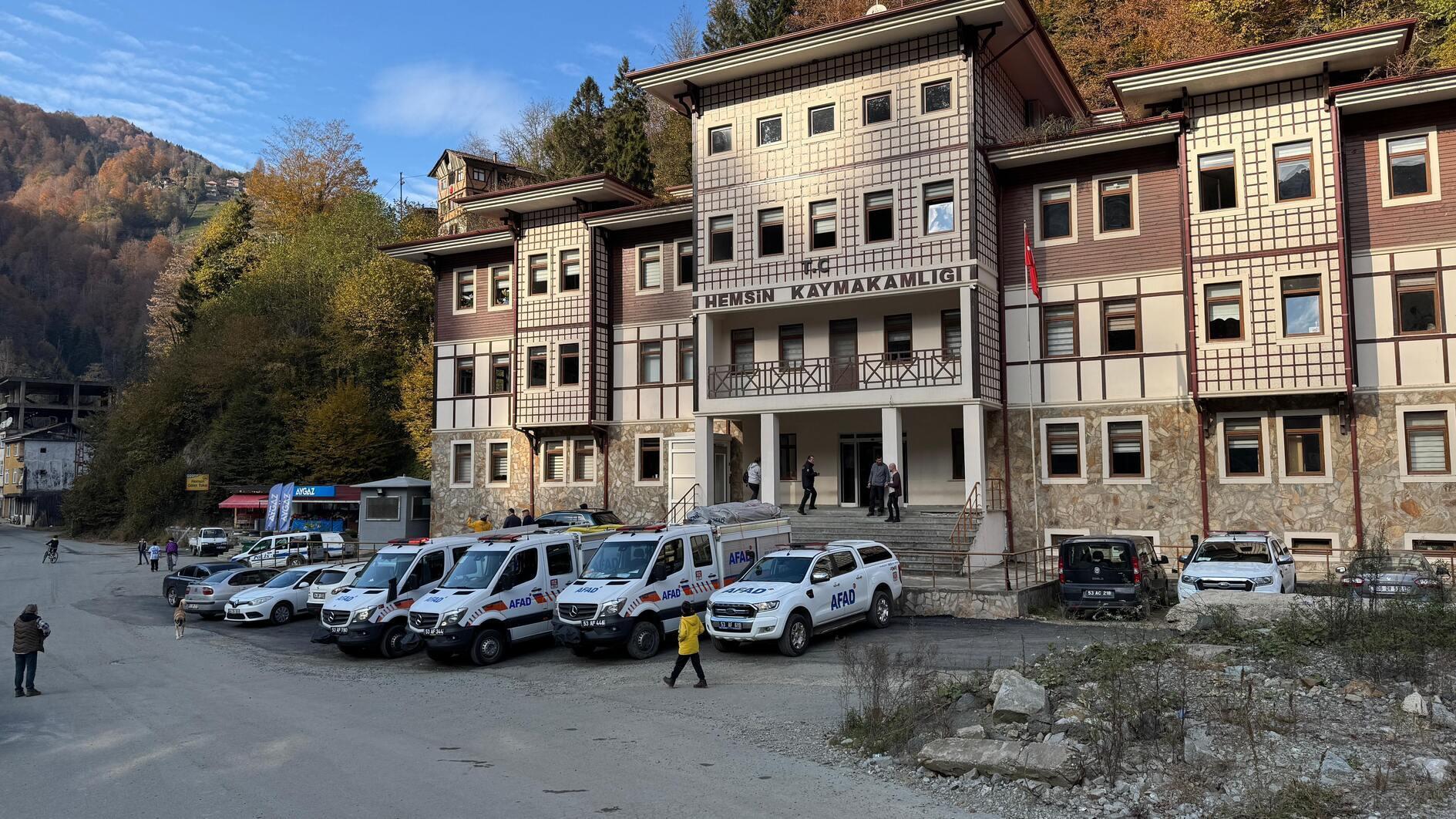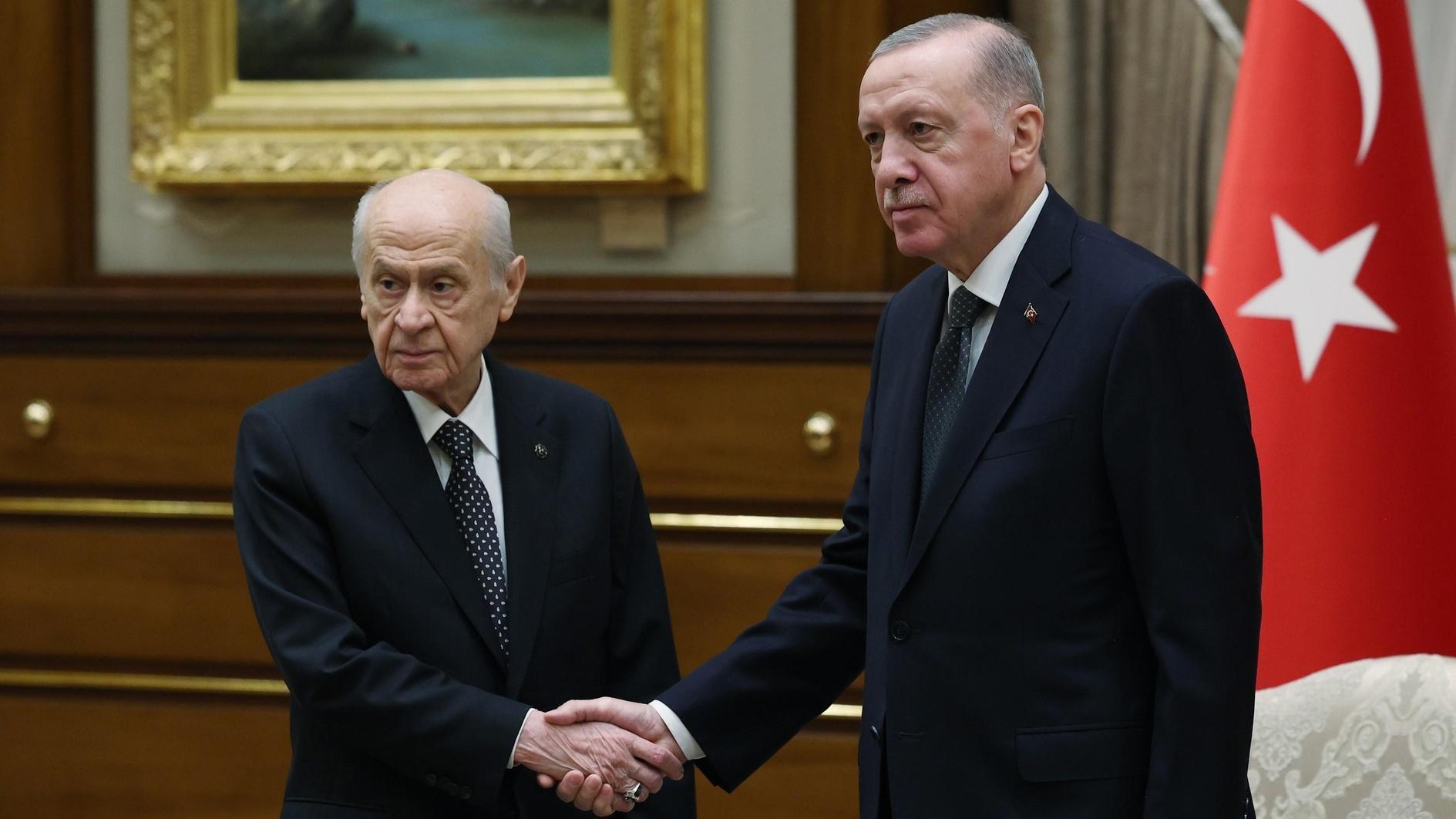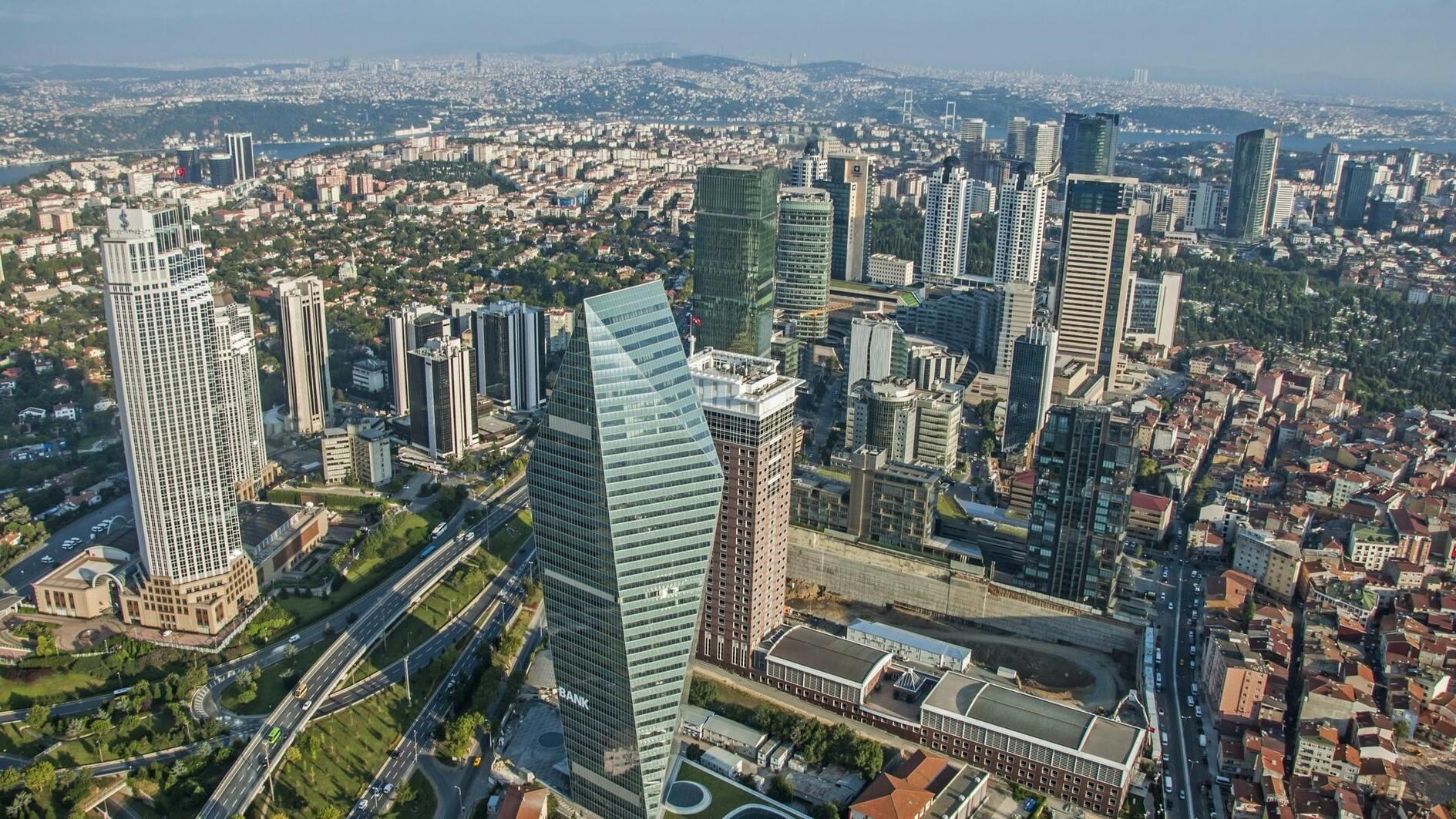Arab world fears a bloody internal showdown
I am writing this from Dubai where I stopped on my way back from vacation. When I opened the newspapers in front of me, the situation became clear. When you are far away, you cannot get the same impression. The moment you open “Gulf papers,” you recognize the graveness of the situation.
The Sunni Arab world is concerned. The steps taken by Iran on the way to building a nuclear bomb have been seen for a long time around here as an open Shiite threat. Nowadays, with Washington’s provocation, concerns have intensified.
Two fronts have been built: The Shiite front (Iran-Syria-Hezbollah-Hamas) and the Sunni (Saudi Arabia-Egypt-Gulf countries-Palestine-Jordan) front.
Iran’s becoming a nuclear power scares the Sunnis a lot. This fear is good for the United States. Nowadays, Washington is both trying to change the regime in Syria, as it is considered to be the weakest link in this chain, and arming the Sunnis against Iran. If the Syrian regime is toppled then the Hezbollah-Hamas ties will be easier to break. They can kill two birds with one stone this way.
On one hand, Iran will be isolated. It will be easier to strike, while the Sunnis will be freed of their concerns; on the other, pressure on Israel will be eased. Yet, however, the credibility of the U.S. is down to its lowest levels in the region. Even pulling out of Iraq won’t save Washington. It is pretty obvious it is leaving Iraq in a worse state than it was before. Despite this, there is no other power to fill in for the U.S.
The latest developments show that Syrian leader Bashar al-Assad has been slowly driven into a corner in the Arab world. But still, nobody has a specific idea on who would replace him. If Assad does not make a firm “U-turn,” then his situation will get even tougher in the coming months.
Turkey’s ‘tough power’ (military and economic) not enough
Turkey is being observed very carefully in the region, but no one thinks it will yet use its military power in a way to affect the balances. We have an image suggesting that it is dubious that we will do anything beyond what our “soft power” (cultural and social power) allows us to do. Quite simply, the widespread belief is that Ankara will not go beyond politics and dialogue.
Erdoğan is applauded on the streets, he is carried on shoulders, but the decision-making powers in the Arab countries have doubts about Turkey. Ankara’s true intentions are being questioned. It is being debated whether it is sub-contractor for Washington.
Despite all this, the Sunni world sees Turkey right beside them, and they are content with this.
Let us be prepared. The Middle-East will be overwhelmingly stirred in the coming period. The disturbances of this time will definitely be unlike any other of the past. Nobody will be able to manage a possible Shiite-Sunni fight. It will again be Westerners that benefit from such a situation.
Ankara’s major concern is this anyway.
Erdoğan is warning Iran at every opportunity about its nuclear program. He tries to calm the Saudis. But, regardless of what is being done, we are facing a situation where it is as if the Arabs are getting ready to scratch each others’ eyes out; Western powers, meanwhile, don’t want to miss the opportunity.


